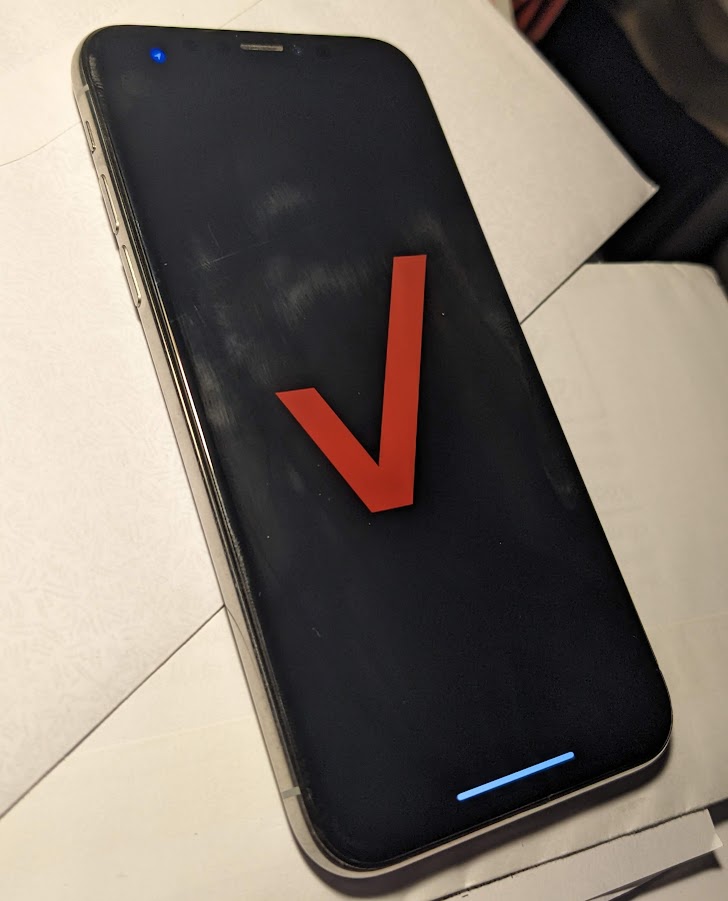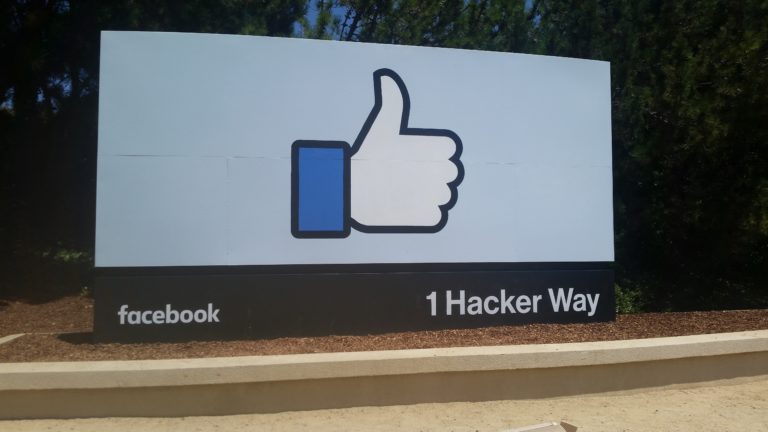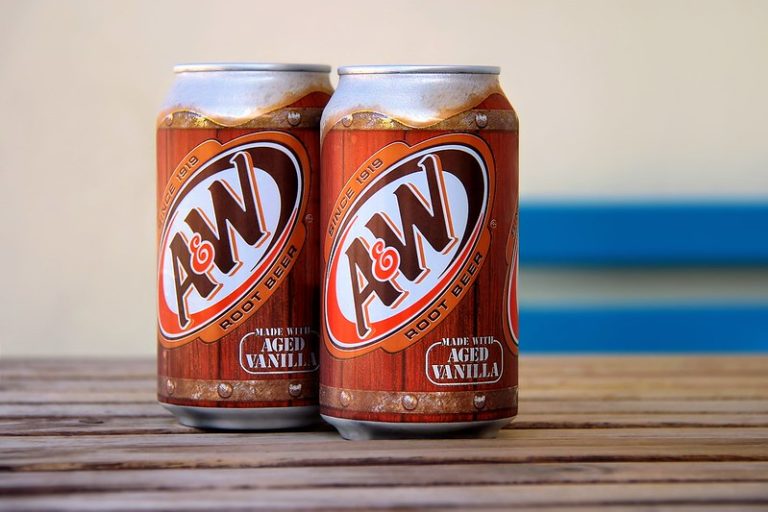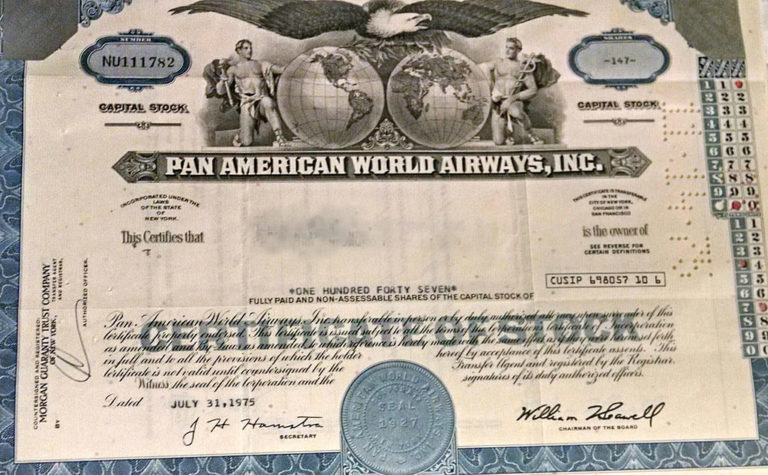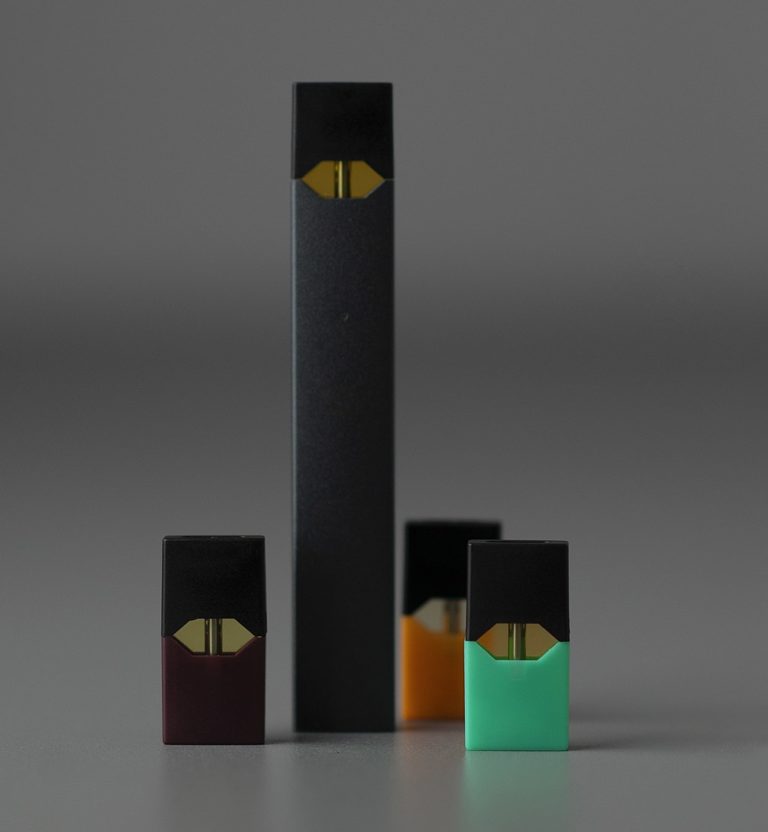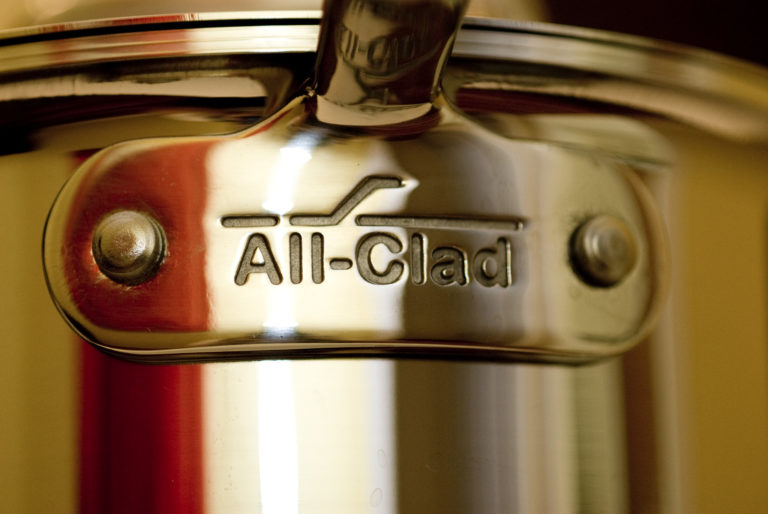MacClelland v. Cellco Partnership (Verizon intervention)
The Hamilton Lincoln Law Institute represents four intervenors who are challenging plaintiffs’ counsel’s forum shopping tactics in settling a nationwide class action in a state court likely to award more fees out of class recovery than attorneys would get in federal court, where the action was first filed.

